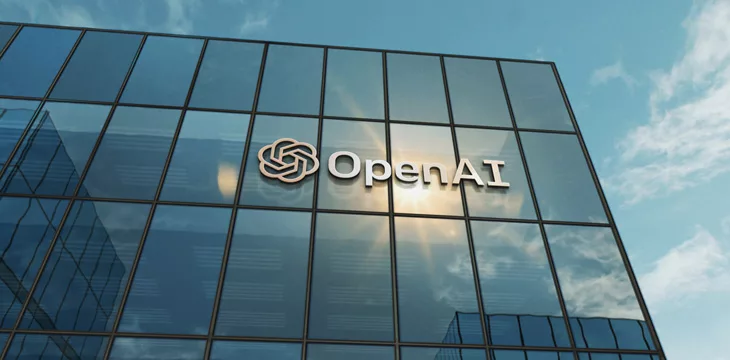|
Getting your Trinity Audio player ready...
|
ChatGPT maker OpenAI has unveiled new personalization features for the artificial intelligence (AI) chatbot with productivity and efficiency at the core for its over 180 million users.
In its pioneering developer conference, OpenAI introduced GPT-4 Turbo, touted as the widely anticipated successor to GPT-4. According to the big reveal, OpenAI described the latest iteration of its chatbot as a giant leap in performance and cost efficiency.
Details from the launch indicated pricing costing only a third of GPT-4 at $0.01 per 1,000 text tokens. With the ability to process images, OpenAI disclosed that GPT-4 Turbo would offer similar low pricing for image tokens. Still, the version’s flexibility was hailed as the high point of the event.
OpenAI says GPT-4 Turbo allows users to fine-tune the model to more incredible customizability and personalization. The AI developer disclosed that by using custom data to learn specific behaviors, generic models can be trained to perform specialized actions like Web3 and intelligent contract auditing without the hassle of creating a new model from scratch.
“Fine-tuning improves on few-shot learning by training on many more examples than can fit in the prompt, letting you achieve better results on a wide number of tasks,” according to OpenAI. “Once a model has been fine-tuned, you won’t need to provide as many examples in the prompt.”
OpenAI added that the fine-tuning functionality “saves costs and enables lower-latency requests” while providing results with superior quality. Fine-tuning offers several use cases, including rectifying failures from complex prompts, setting the tone of responses, and “performing a new skill or task that is hard to articulate in a prompt.”
While GPT-4 Turbo may require users to have basic coding knowledge, OpenAI has introduced a new no-code customization option for customers to build their GPTs. Using the new feature, users keen on making their GPTs do not need to paste their instructions into the platform manually but can access their customizations with the click of a button.
The company says it will be launching a GPT store in November to allow users to share their customizations with the community with the ability to earn based on the popularity of the GPTs.
“Once in the store, GPTs become searchable and may climb the leaderboards,” said OpenAI. “We will also spotlight the most useful and delightful GPTs we come across in categories like productivity, education, and just for fun.”
Stiffening competition in the space
Despite its first-mover advantage in the generative AI ecosystem, OpenAI is frantically rolling out new features to get ahead of the competition from new industry entrants. Google’s Bard (NASDAQ: GOOGL) and Meta Llama 2 (NASDAQ: META) have since snagged a sizable portion of the market share, while Anthropic’s Claude is slowly gathering steam.
In early November, Elon Musk unveiled Grok, describing the generative AI tool as having superior functionality than ChatGPT, laced with data via tweets from X.
“It will also answer spicy questions that are rejected by most other AI systems,” said Musk. “Grok is designed to answer questions with a bit of wit and has a rebellious streak, so please don’t use it if you hate humor!”
In order for artificial intelligence (AI) to work right within the law and thrive in the face of growing challenges, it needs to integrate an enterprise blockchain system that ensures data input quality and ownership—allowing it to keep data safe while also guaranteeing the immutability of data. Check out CoinGeek’s coverage on this emerging tech to learn more why Enterprise blockchain will be the backbone of AI.
Watch: Artificial intelligence needs blockchain

 09-07-2025
09-07-2025 





